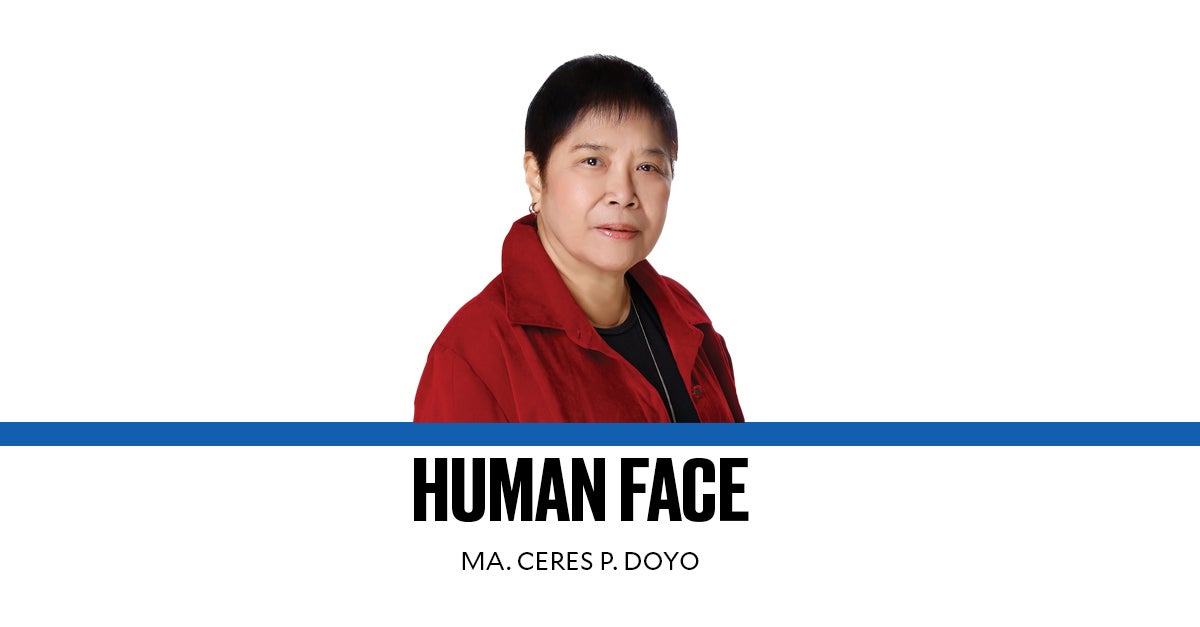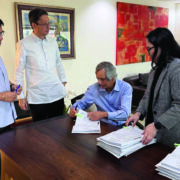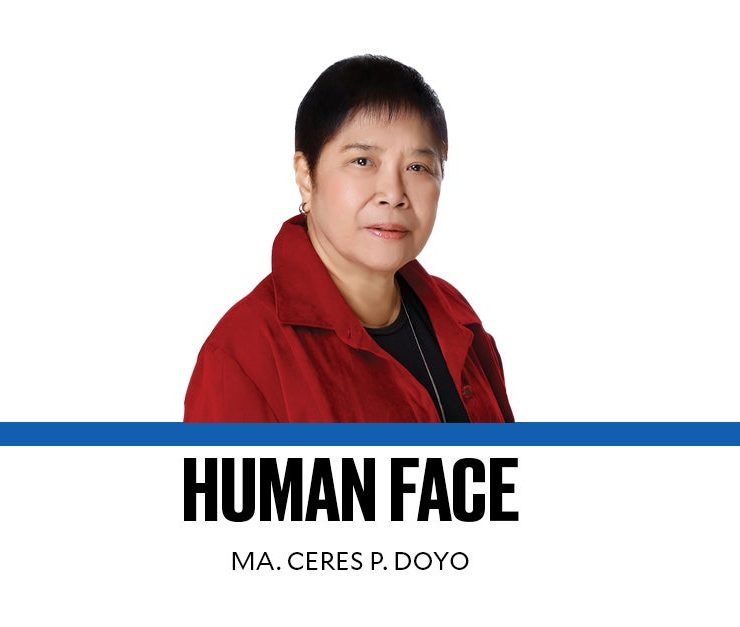Women, terrorism’s first targets

On the eve of the International Day for the Elimination of Violence Against Women (IDEVAW), the International Federation of Journalists (IFJ) and its Gender Council released a warning about “the global rise of extremism that poses an unprecedented threat to women’s rights and to the safety of women journalists.”
IFJ is the world’s largest organization of journalists. Established in 1926, it represents around 600,000 journalists in 187 unions and associations across 146 countries worldwide. In its latest statement, “Always the First Target” (subtitled “Women’s rights are always the first target of extremism”), IFJ expressed “deep concern over the expansion of extremist movements that are undermining women’s rights worldwide and fueling targeted attacks against women journalists.” These are carried out particularly through online abuse, harassment, violence, and coordinated disinformation campaigns.
IFJ named Afghanistan, “far-right political parties” in certain European countries, Argentina, and Somalia as places where women journalists face attacks and “a wave of threats,” especially when they cover gender issues. Readers and journalists on the move can access IFJ’s full statement online and read about what women journalists have had to go through in the places mentioned.
From IFJ Gender Council chair Maria Angeles Samperio: “Without robust, enforceable gender policies and genuine protection for journalists reporting on far-right activities, all the progress we have fought for could be undone in an instant. We need governments, newsrooms, and digital platforms to act urgently to strengthen legislation, raise journalistic ethical standards, and confront the toxic online campaigns that seek to silence us as journalists. Safeguarding women’s rights and ensuring diverse, fearless journalism is not optional; it is the foundation of any democratic and humane society.”
Nov. 25 marked the start of the global observance of IDEVAW. In many places, the observance will go on for 18 days until Dec. 12. Nov. 25, 1960, was when the Mirabal sisters (Minerva, Maria Teresa, and Dede), political activists, were assassinated during the dictatorial reign of Rafael Trujillo Sr. in the Dominican Republic.
IDEVAW was begun to honor the Mirabal sisters and to call attention to other women who had undergone or who continue to undergo similar injustices, and to stop and prevent all forms of violence against women (VAW). Trujillo Sr. (1891 to 1961), a military officer and dictator, was himself assassinated not long after the brutal killing of the Mirabal sisters, who had opposed his rule.
Of the Mirabal sisters, the Philippines-based Center for Women’s Resources says: “Their legacy endures as a powerful symbol of women’s resistance to state repression, gender-based violence, and systems that silence and endanger women.” Such violence is not inevitable, CWR reminds, but it can be prevented and requires collective action.
CWR adds that on the global scene, one in every three women experiences physical or sexual violence in her lifetime. On the home front, it cites the Philippine National Police’s recorded 12,046 cases of VAW from January to November 2024. This means that some 36 women experience violence every day. The number could be more because “only one in 10 cases is reported.” Advocates of women’s rights have a way of finding unreported cases.
It is heartwarming to know that other groups that support women and girls are also joining the 18-day anti-VAW observance. Among them are the Religious of the Good Shepherd, who minister to women and girls in crisis situations. The sisters hold “orange days” when they wear anything orange to raise consciousness about how to prevent and combat VAW. Elsewhere in the world, sisters highlight in their ministries the importance of raising people’s awareness about VAW. Trust so-called “nun-sense.”
CWR cites reasons why many women choose to remain silent, among them, victim-blaming, lack of information about where to seek help, and distrust in authorities.
“Survivors are often made to feel responsible for the abuse they endured, discouraging them from speaking out and seeking help. This silence is reinforced by repeated experiences of harassment, neglect, or worse, violence from individuals in positions of power.”
During disasters and displacements, as well as armed conflicts, women and girls face even greater risks of abuse and threats to their vulnerability.
Who can forget a former misogynist president of this woebegone republic who said to his feckless, adoring crowd that he should have been the first in line to rape the foreign missionary who was taken hostage? He is now in Scheveningen Prison in The Hague, in the Netherlands, where he awaits trial before the International Criminal Court for crimes against humanity.
—————-
Send feedback to cerespd@gmail.com


















PH-US-Japan: Strengthening sovereignty